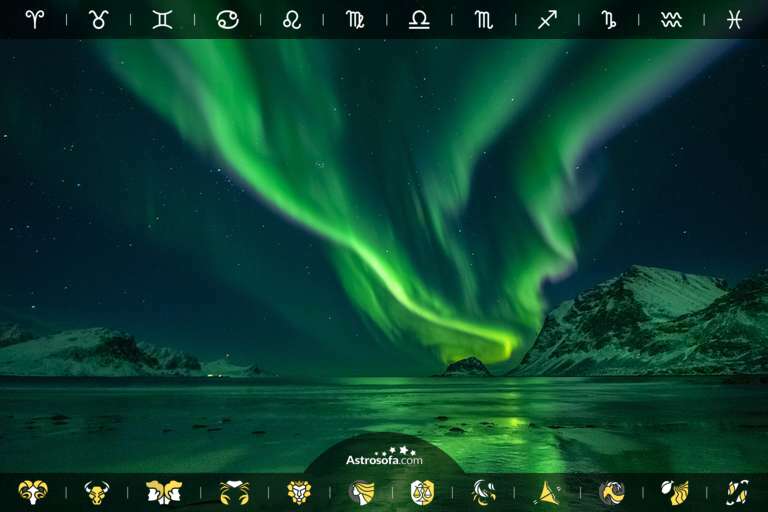
Birthday
Isaac Asimov
Isaac Asimov was born on 2 January 1920 in Petrovich, Russia, and is one of the most famous science fiction authors. He emigrated to the USA, where he became an author, biochemist, and professor of biochemistry. Asimov is best known for his works in science fiction, fantasy, and non-fiction. He is considered one of the most prolific and influential authors in science fiction and has received numerous awards for his works. Asimov died at the age of 72 on 6 April 1992.
Some of Isaac Asimov's most famous and important works are:
- The Robot Series : This series includes several novels and short stories in which Asimov presents his "Three Laws of Robotics" and explores the relationships between humans and robots in the future.
- The Foundation Trilogy : This three-part series is about a group of scientists who try to shape the future of human civilization by establishing a "foundation." The trilogy is considered a milestone of science fiction literature and has brought Asimov international fame.
Saint's day
Weather Proverb

Birthday: Capricorn
Chinese zodiac sign:
雞 Metal Rooster
15,458 days ago (42 years, 3 months, 27 days)
Daily aspects

The Aries Moon transforms us into a bundle of energy and gives us confidence in our own skills. We act spontaneously, but also responsibly, and we have a bright, sharp mind. With elan, we start new projects and have high assertiveness. Now it is the best time to tackle difficult things.

This Trine between the Moon and Uranus gives you great attention, persuasiveness, ambition, creativity and originality. You go your own way, and look for new methods of doing things. You are determined, imaginative, keen to travel, and optimistic! This transit also lends itself to great opportunities for creating advertising campaigns geared at women!

This opposition can excite you and make you belligerent and hasty. You may argue with the opposite sex, however, a lot of passion may occur. There can be a separation from your wife or mother. It is very easy to overspend during this transit. You may also repress feelings, and experience moodiness.

This extile is perfect for love, relationships and marriage. It is a lovely time to host at your house, and invite friends and family over to eat beautiful meals you have created. Your social life is great and you should go out and try meet new people. You will definitely smile more! It is the opportune time for blind dates! It is also a wonderful time to buy new objects to decorate your home with.

This aspect can lead to family problems, health disorders, difficulties at work, discomfort with the opposite sex, and public disagreements. It is highly important to think before you act or react. It can also cause pain in the womb, especially during "that time of the month" for young ladies and women.
Current timezone: America/Toronto (UTC -04:00). change timezone
Calendar
Please choose a day:



